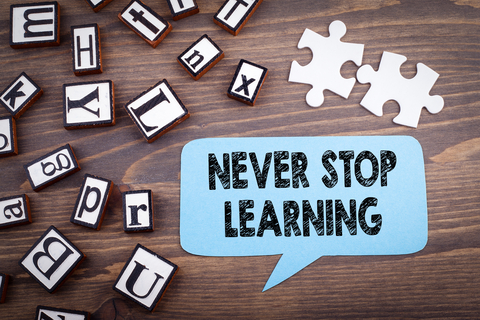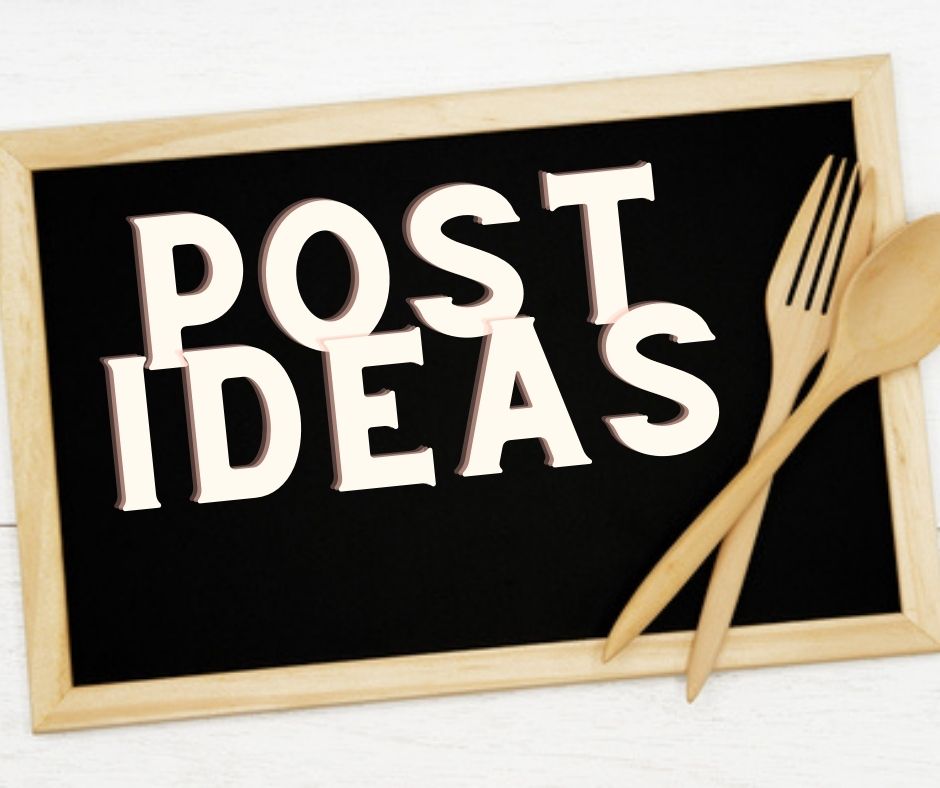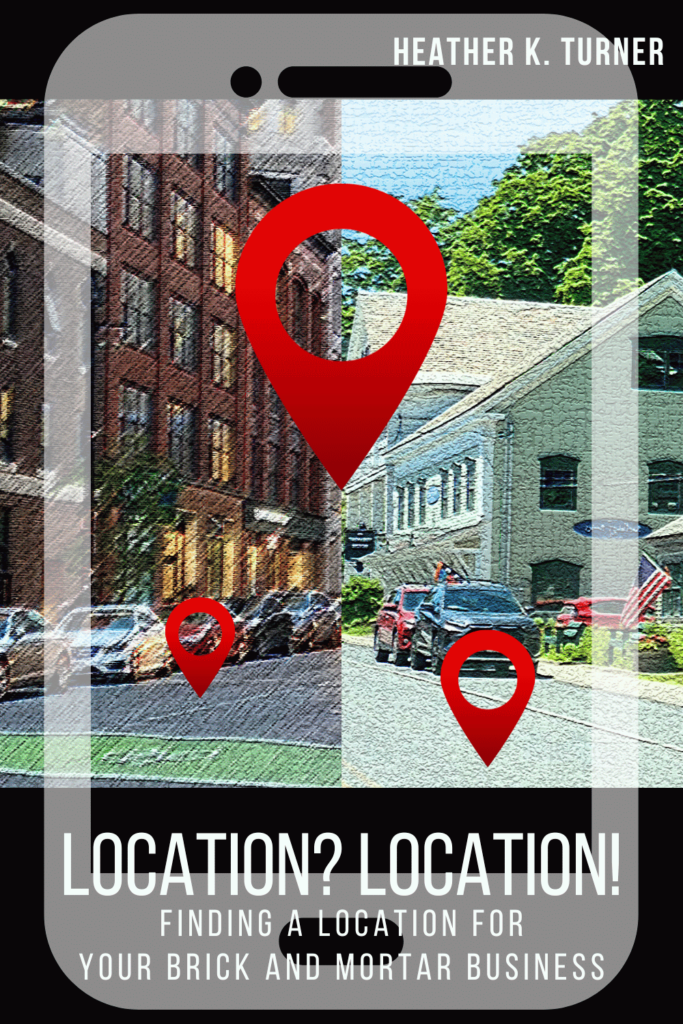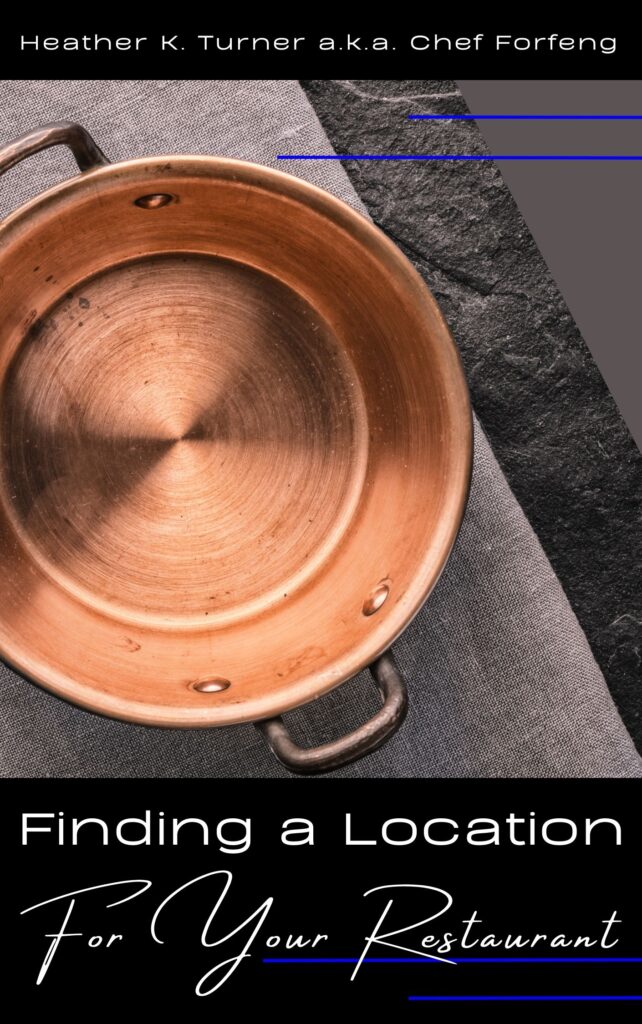by Heather T. | Nov 30, 2021 | Blog, Opinion
 I recently did a Toastmasters two-part speech project and thought it would make a good blog post. The project was to give a speech and then give the speech again based on the first speech’s evaluation.
I recently did a Toastmasters two-part speech project and thought it would make a good blog post. The project was to give a speech and then give the speech again based on the first speech’s evaluation.
I ended up giving this short speech to three different Toastmasters clubs, one club is the club I am coaching, and the feedback I got from all of them was pretty interesting.
In all three meetings, heads nodded, and the comments afterward were, “Yes, we have ourselves done all of these things, both personally, in business and leadership situations.” I know I have as well in the past and have tried my best to cut them out.
Dan Rockwell has been one of my favorite blog writers for years and most definitely one of my most favorite leadership article writers. His posts don’t always have the answers and the solutions to things, but they make you THINK!
From a leadership perspective, that is invaluable because there are no perfect solutions to leadership issues.
Every situation is unique, and what works for one doesn’t necessarily work for another.
Gaining some insights about how people react and stimulating your brain into thinking about scenarios that may happen or have already happened gives you an awful lot of insight into yourself and how you deal or would deal with things that may come up.
He recently wrote a blog post, 12 Things Smart Leaders Don’t Say, and it really got the wheels turning a bit more than usual.
His blog has 12 questions, but I cut it down to six (technically seven because I combined two) for two reasons, my first speech when I based it on my additional commentary to his questions was too long (almost 12 minutes instead of the target 5-7), and when I started to rewrite it, I found that these questions resonated with me more than the others, mostly because they made me “think” about them more myself.
Question #1.
Dan writes: Don’t say, “You should have. Why didn’t you? and “I should have”
He comments: ‘Should have’ is backward facing. Do your best to speak into the future.
Instead of shoulding-yourself, say, “Next time.”
I’m adding to this, “YOU should have” is very negative, it’s a blame game, and something parents do to guilt their kids and makes people feel small and insignificant. “Next time” is a great starter, but adding, “Let’s try this next time” is even more encouraging.
In leadership, it’s also worth considering that maybe the “you should have” is really on you for not providing enough information or direction to the person that “should” have done something. Is it that person’s “fault” something went sideways, or was it your own?
From a leadership perspective, I think of all of the questions, this should be the biggest takeaway for people in management. Is it “really” an employee’s fault or ?
Question #2. (Dan’s #3)
Dan writes: Don’t say: What can we do about that?
He comments: ‘We’ is a tiny act of cowardice that softens the blow of responsibility.
“What could ‘you’ do next,” is better than, “What could ‘we’ do next?” (Unless you are planning to actively participate.)
It’s insincere to say ‘we’ when you really mean ‘you’.
I’m adding to this, Toastmasters tries to teach us to say “we” because it’s inclusive and that’s what leaders are supposed to say, but too often leaders, both in organizations and in business, say “we” but leave the actions and the follow-up to others, most often the ones that need the help most.
Leaving someone hanging is passing the buck, and it’s saying it’s not that leader’s problem. If you are truly going to say “we,” MEAN it and participate. Please don’t put it on someone else.
If you say “you,” then follow up and give the person or the group some tools and directions to fix the problem or issue and the ability and assistance to solve it, don’t just leave them hanging in the wind.
Question #3. (Dan’s #4 & #5)
Dan writes: Don’t say: It’s simple AND It’s easy.
He comments: What’s simple to you is often difficult for others. Judge people through the lens of their experience and strength, not yours.
I run into this all the time. In Toastmasters, Pathways is a good example. I think it’s easy, I’ve also been using it since it literally first rolled out, and I’m in the interface several times per week. For many others, it’s not easy, and when you don’t use something all the time, it’s not “simple.”
I hear marketing people say this all the time about using social media, and it drives me bonkers. “It’s so simple, and it’s SOOOOO easy to do.”
Well that’s because they swim in it all day long, for business people who actually have other things to do, like run their businesses, it’s not easy, it’s not intuitive, there are no big red buttons and guides that say do this, do that to proceed to the next step.
It’s also a belittling comment because it makes people think they are not smart enough for not “getting” something that is according to someone else “easy” or “simple.”
When I do SCORE mentoring, I also run into this quite a bit with clients who are frustrated that they don’t “get” social media, website development, or SEO and have been told by someone else that it should be easy.
Why should they get it? It’s not their fields, yet some marketers out there make people feel small by saying things like, “oh, that’s easy, you shouldn’t have any problem with it.”
I don’t know how many times I’ve caught myself starting to say that and then booted myself into a reality check. And I freely admit, I used to be guilty of saying this to people myself and had a massive wakeup call a couple of years ago.
Question #4. Dan’s #8
Dan writes: Don’t say: Don’t you agree?
He comments: Questions that begin with ‘don’t’ insult people’s intelligence and pressure them to agree. Who’s going to say, “No,” when you ask, “Don’t you agree?”
Don’t you agree is also pressure on people to “make” them agree, so they feel like they are a part of the group, it goes back to the comment “You should have” it’s not just insulting to people and pressuring them, it’s also giving a guilt trip (funny how guilt trips come up twice in things we shouldn’t be saying, and how learned mannerisms as well as phrases creep into our speech as adults). A good alternative is “what do you think? I value your opinion and your experience or expertise.”
Don’t you agree it is a lot like “With all due respect”….. Every time I hear someone say that I cringe, because I have rarely heard anyone say that and then not completely tear apart or disregard the other person’s opinion. I’d add that to the list of things that Leaders should probably stay away from saying.
Question #5. Dan’s #10
Dan writes: Don’t say: But
He comments: Never say ‘but’ after saying something good. Try using ‘and’ when you’re tempted to use ‘but’.
‘But’ is an eraser.
But is not only an eraser but also a contradictor, You did a great job with your speech, and I really like the examples BUT>>>>>>>>>>>> Terrific job with that presentation and you really impressed the client BUT>>>>>>>>>>>>
In Toastmasters But is a filler word, as is And, but the grammarian and ah counter are more likely to flag you on But as a filler word because it doesn’t lead into anything else, it contradicts and it fills space where it doesn’t have to.
I agree that AND is a good substitute. Think of it in the context of doing an evaluation, or giving feedback to an employee, “Here are some great things about your speech AND here is a little bit of room for improvement. Fantastic job with that report, I particularly appreciated you including next year’s financials AND maybe next time can we add an additional 6 months worth?
Question #6. Dan’s #12
Dan writes: Don’t say: Nice job.
He comments: Be specific, not vague, when giving compliments. What was ‘nice’ about it?
That was a really “nice” speech, Eh? What does that mean? Was it sugar and spice and everything nice? Was it nicely wrapped in a box with a pretty bow? It was nice, because………………… ?
I used to work with a fellow chef at a resort with multiple restaurants that was always saying to his staff, “Nice Job, Nice Job.” His employees used to mock him for it because he would never give specifics, and it came across as insincere. He thought from a leadership perspective it sounded good to say that to staff, and it became like an automatic reflex, but his employees hated it.
Give some specifics, “Nice job with that catering order today, the clients were really happy with everything, and the bride especially liked the vegetable canapes.”
What we say as leaders defines us, and we can either help lift people up or drag people down, and being cognizant of what we say and how we say it makes us a good leader or someone who has some work to do.
Sometimes little things like wording both verbally and written can make a huge difference especially when giving feedback to someone.
Original post here and CC License for Mr. Rockwell’s post attribution.
by Heather T. | Nov 9, 2021 | Blog, Marketing, Operations, Social Media
 This is an updated post on one I had done way back in 2010 (yikes it’s hard to believe that it’s been over decade, but still relevent) with bit more information and a couple of additional ideas.
This is an updated post on one I had done way back in 2010 (yikes it’s hard to believe that it’s been over decade, but still relevent) with bit more information and a couple of additional ideas.
I thought it might be time to update it, as it’s one of the most common questions I get from people, even when I tell them you know………. there are a ton of ideas and post ideas out there already floating around and don’t forget to look at what your competitions doing,
Sometimes people want some more specific ideas, so I thought it was time to give the post a little spiff up. I do find it kind of amusing that the old post refered to “fan pages”, Facebook’s original name for a business page.
(Keep in mind many of these could be in visual or image formats including video) Many can also be used for blog posts with some additional information and content. Visual/Image posts are best for Instagram. Linkedin business and personal pages, Facebook business pages and groups, and Twitter, it is best practice to try to share an image with text.
*Don’t forget to share links to your website often as well.
The number one mistake in using social media is forgetting to add targeted links to posts. People will not look for your website link if they don’t see it in the post itself.
If you have a product or service, you are promoting on social media make your links count. If you are talking about a particular service you offer, have the post link go to your services page where you talk more about the service, NOT to your homepage, you don’t want to make people have to hunt.
- A promotion.
a. Come and stay during the month of March and get two free ski tickets.
b. St. Patrick’s Day Special, get a complimentary green beer & popcorn with an order of bangers & mash (*must be 21) = 117 characters, still room for using a shortened link on Twitter.
c. Get double points on your Ace rewards card with every hardware purchase the first week of March.
d. With a purchase of any Don Fredo jewelry, get a free earring cleaning kit.
e. Get a full hair coloring treatment and receive a free trim.
f. At your next tire alignment, get a free oil change.
g. New accounting customers get a 10-minute free business analysis.
- A sale.
a. Thursday nights are half-price appetizers.
b. Sale though March 31 on Dunlop All-Season Radial Tires, save 20% off.
c. All Michelle Leslie tops and slacks on sale $15 off through this Sunday.
d. Stay 2 nights get the 3rd night 1/2 Off.
e. Two for one wool sock special every Saturday.
f. Mini-mart Super Gulps 99¢, 5-6 pm every Monday – Friday.
g. Photography special: Book a wedding with us and get an extra set of CD’s with your photos now through May 3.
- New products, services, specials, rebates, vouchers, offers, packages
- Recipes (recipes get one of the highest rates of pass-alongs in social media, if you are a retailer, share your Grandma’s killer brownie recipe and make it the next time you have a sale at your woodworking store. It doesn’t matter what business you are in. Also, Recipe failures with a funny story make great shared content.
- Guest, customer, or client comments or testimonials (with permission if sharing the full name).
- Your business in the news.
- Your business is getting or received an award.
- One of your employees is getting/or gotten an award, even if it’s of your creation, i.e., best salesperson of the month.
- Your area in the news.
- Promote any upcoming events. Open Houses, classes, workshops, webinars, networking, etc.
- A frequent and loyal guest, customer, or client in the news, please be aware of privacy though, depending on your business, a client may not feel comfortable with you sharing the information unless you know them well, it’s best practices to ask if it’s ok.
- Pictures of your business, interiors, exteriors, products (if applicable).
- Pictures of your employees.
- Pictures of happy guests, customers, or clients (with their permission and preferably in writing or verbally but documented).
- Area Events going on, you can also tie this into specials and promotions you are holding.
- A brief, “we get frequent questions “about” and put in answers.
- What does your business do to differentiate itself from others.
- Holiday Posts, a nice graphic or photo and a wish for a Happy Thanksgiving or other Holiday.
- You just found a new product you are using and love it, be it food or a new fabric softener or a new electric cordless drill; describe it and explain why you love it.
- Day of the Year posts. National Calendar days. May 20 is National Rescue Dog Day. It’s helpful if it ties into something related to your business. Two of your own dogs are rescues. One of your employees volunteers at the local dog shelter.
- Funny Loyal Guest, customer, or client stories. *caveat: make them funny and only funny, proof heavily to make sure they are not harmful or negative in any way. While someone may go into the wrong changing room by mistake at a store, and it may have had very amusing consequences, it raises things like, “don’t they have locks on the doors?” (even if you do and point out they didn’t lock them).
- Do some product/area/service-specific reviews. You have a couple of apple orchards nearby. Do some write-ups on the apples, do some research on types of apples, link to sources. You carry a particular line of clothing or cordless drills or snow tires; what is special/different/better/unique about them.
- A bio of your self or other owners or management.
- Bios of your staff.
- Interview customers. Keep in mind using video is always a bonus.
- Interview vendors.
- Helpful Tips: examples: restaurants; a good wine, lodging; cooking/baking tips, realtors: home buying tips, Landscapers: gardening tips, mechanics: car care tips, drycleaners: stain removal tips. For every type of business, there is always helpful information out there that someone can use.
- Industry News.
- Ask for feedback from blog readers, fans, followers, and from prior guests, customers, or clients. You just went from goose down pillows to memory foam pillows. If asking on a blog post, ask for some thoughts from people, and don’t forget to include the link to the blog article or post link when you do your next email blast. You just switched from using Redken products to Matrix Biolage in your salon. People love to be able to give feedback and asked what they think about things; this is an excellent medium for doing that, exploit it. Questions asked are great prompts, and you can get valuable information on your own business or something new you may be considering doing.
- Help wanted posts.
- Lists. List posts get high engagement. 10 of our top selling products. 12 of our favorite woodworking bloggers, 15 tips on saving money, 7 best places to go to get Sushi, etc.
- Links to resources, also great in list post format. 10 places to save money on your business insurance.
- If you are blogging, don’t forget to share your blog posts on your Facebook business page, your personal Facebook account, Facebook groups (if it’s permitted), Twitter and Linkedin personal and business pages. If blog posts have images (highly recommended), don’t forget to pin the image (with your blog post link) to Pinterest if you use it.
- Videos from Youtube, Vimeo and Tiktok.
- PSAs, especially ones that are relevant to what’s going on in the world today. Try to stay away from politics or religion.
- A Non-profit or charity you support.
- Your business contributing to the community or donating a product or service.
- A giveaway, contest or drawing. Please make sure you check each social media’s T.O.S (Terms of Service) before promoting these online, each has different requirements and disclosures.
A few ideas for Business Social Media Platform Shares
(Facebook (Personal, Business & Groups), Twitter, Pinterest, and Linkedin (Personal and Business)
While Instagram does have external apps to share posts, PLEASE ask permission first of the Instagram author. On Youtube, you can add videos to “Playlists”
https://support.google.com/youtube/answer/57792?hl=en&co=GENIE.Platform%3DDesktop
and
https://support.google.com/youtube/answer/57792?hl=en&co=GENIE.Platform%3DAndroid
If sharing on Facebook from a personal account, please ask permission first.
- A gorgeous photo taken of your town, your area, your state (make sure the author gets image credit, shares from a page, or their own group rather than uploading a photo are highly recommended so you don’t violate copyright.)
- A vendor or a company you buy from shares something of interest related to your product or business.
- Funny or amusing content, try to keep it clean.
- Helpful tips (not the same thing as Educational content as these are generally short form posts) from non-competitors.
- Educational content. A blog post from a Leadership expert with a little of your personal feelings about why you liked it or something that stood out about it.
 This is an updated post on one I had done way back in 2010 (yikes it’s hard to believe that it’s been over decade, but still relevent) with bit more information and a couple of additional ideas.
This is an updated post on one I had done way back in 2010 (yikes it’s hard to believe that it’s been over decade, but still relevent) with bit more information and a couple of additional ideas.
 I recently did a Toastmasters two-part speech project and thought it would make a good blog post. The project was to give a speech and then give the speech again based on the first speech’s evaluation.
I recently did a Toastmasters two-part speech project and thought it would make a good blog post. The project was to give a speech and then give the speech again based on the first speech’s evaluation.
